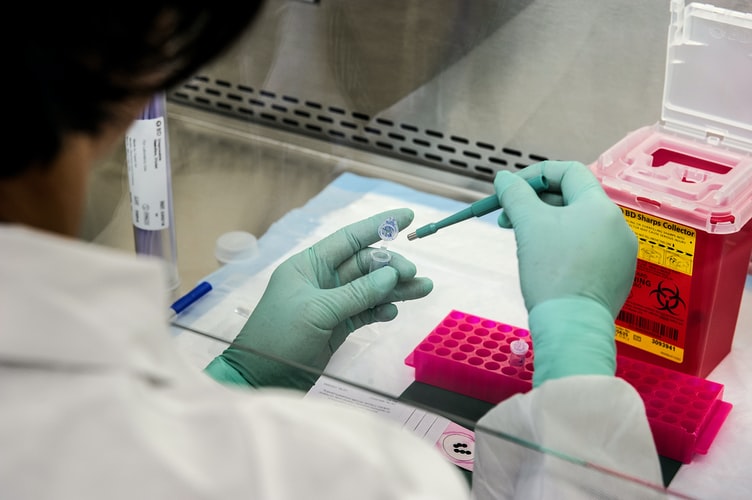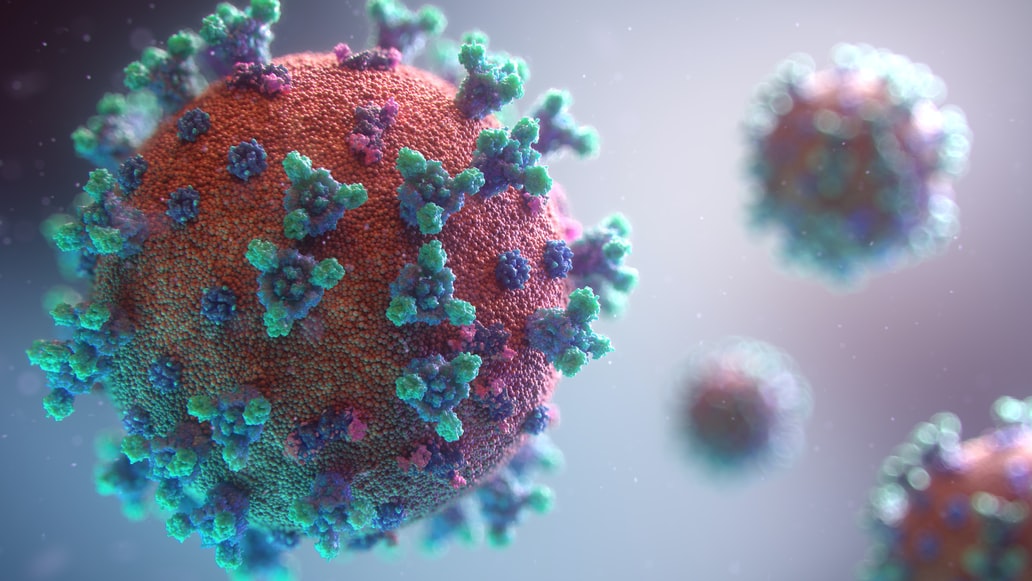The fast PCR testing in London process is a step toward early detection of coronavirus. Rapid tests can detect infections in a short period of time, which can be extremely helpful in an emergency situation. These tests are available in a number of settings, including schools, hospitals, and prisons. In addition, they can be done at home if a patient is too busy to make an appointment at a lab. However, it is important to note that PCR tests are not always accurate, and results should always be verified with a PCR.

The Process Of Fast PCR Testing
This method involves using a nasal swab to collect a sample of viral DNA from a patient’s nose or throat. The result is typically within 24 hours. While some people may be uncomfortable with the procedure, PCR test technicians are highly trained to minimize the discomfort. The test is not a diagnostic test and can’t be used to rule out an infection. This makes it important to get it done by a qualified medical professional.
The cost of the test is low. The results are provided in less than 24 hours, but an on-site laboratory is necessary. In a December trial at the University of Birmingham, a university in England reported a spike in infection among 7,000 students. The University rechecked samples from ten percent of negative samples, and found six more infected students. Scaling this over all sample numbers, 60 infections were missed. This may have been due to the fact that lateral flow tests were performed rather than PCR tests.
Fast PCR testing in London is the best way to identify infectious diseases. This test will detect viral RNA, which can be present in the body before symptoms and antibodies are formed. It will also help identify infected individuals, which can lead to quarantining them until they get over the infection. This process will break the transmission chain. It is important to know how quickly and effectively a PCR test in London can be done.

The process of rapid PCR testing in London is quick and easy. The healthcare provider will use a swab to collect respiratory material. A swab is a soft tip attached to a long flexible stick. These swabs will be inserted into the nose to collect a sample. A laboratory scientist will isolate the genetic material in the sample and perform a PCR test. This method is often the best option for patients with infectious diseases.
Unlike traditional PCR tests, these tests can miss infections if viral levels dip below a certain level. As a result, they are not as sensitive as a blood test. The sensitivity of these tests will depend on the type of infection and the amount of blood in the sample. If a patient has a history of a virus, the test will show if it has spread since the last time the virus was detected.
PCR testing is the fastest way to diagnose infections in a large population. The tests have the advantage of being accurate and fast. The results are available in just 45 minutes. The tests will identify the people with Coronavirus without symptoms, reducing the risk of further spreading the virus. This type of test is the most accurate means of detection, and it is used widely in hospitals, clinics, and other healthcare facilities. In the UK, PCR testing has been used in several emergency situations since 2002.
Administration Of Rapid PCR Tests
Rapid PCR tests can be done in the same day or within 24 hours. For fully-vaccinated passengers, Day two PCR test is required. Children arriving from non-red-list countries do not need quarantine. The test to release is a much quicker way to get a positive result than in non-vaccinated travellers. If a patient is fully vaccinated, the Day 8 PCR is necessary for them to leave the country.
There are two main types of PCR tests: Arrivals and Departures. Typically, adults arriving from non-red-list countries will need the same day as their Departures test. Those arriving from non-red-list countries will require a Day 2 PCR test. A day 8 PCR is also required. If a person is fully vaccinated and has the same results as a fully-vaccinated adult, a person must quarantine for 10 days. They must then take another test in order to release.

Effects For The Travel Corridor Into Israel
For British and Israeli travellers, the emergence of a rapid PCR testing service in London has been one of the most positive and beneficial developments to date.
The two travel corridors now accept rapid PCR testing as validated and acceptable forms of proof of negative tests. This means that travellers can travel between these nations more freely and with less infringements on their movements.
Whilst both countries will need to be vigilant and vary or new variants it is important to remember that the virus can remain unpredictable and lead to uncertain times as well as measures being introduced across the world.

Daniel Hughes is a journalist specializing in news coverage and cultural exploration. He focuses on delivering insightful articles that highlight historical significance, current events, and travel experiences, aiming to provide readers with engaging and informative content.
